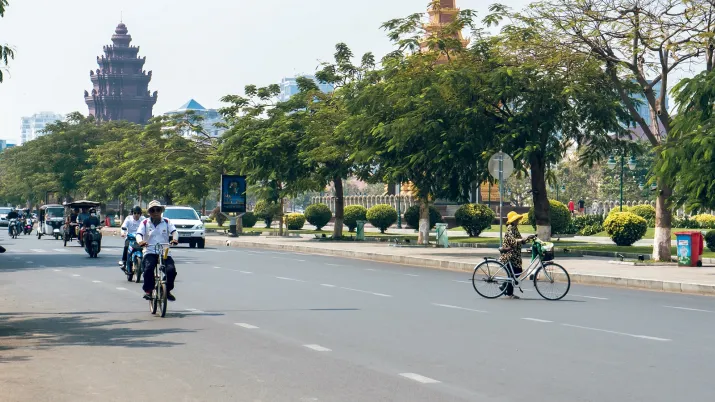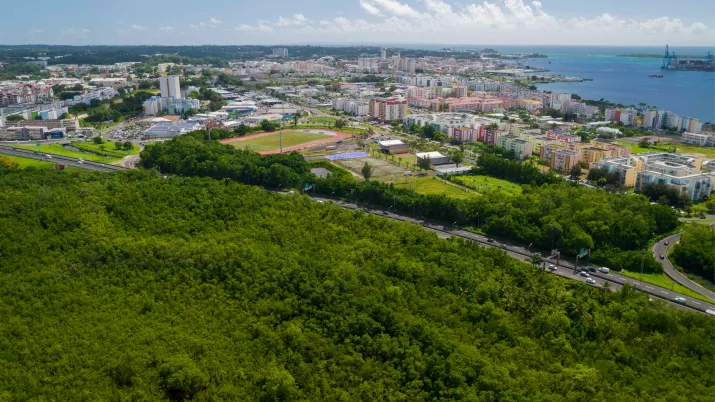Share the page
Macroeconomic country-assessment – Argentina
Published on

-
Project start date
-
2018Status
Ongoing
-
Country and region
-
Location
-
Argentina
-
Research program
Argentina is one of the 60 countries followed by AFD’s country-risk economists, whose assessments shed light on countries' economic trajectory and macroeconomic and financial situation.
Context
As one of the continent’s major powers with significant political weight, Argentina is a strategic country in the Latin American region. Since 2017, AFD has been supporting projects to promote sustainable energy and food transition, as well as strengthening essential public services.
Goal
Produced by AFD's team of country-risk economists, macroeconomic country assessments provide an analysis of development processes in countries in which AFD operates. They also characterize their growth trajectory, and detect economic, social, political and financial vulnerabilities associated with these trajectories. AFD Group is thus in a position to properly measure the challenges and monitor the risks associated with each of its investments.
Emphasis is placed on developing countries, particularly in Africa, for which macroeconomic analyses are rare or infrequent. AFD seeks to complement existing production on the global economic situation, more focused on advanced economies and major emerging countries.
Find out more: Macroeconomic Analyses at AFD
Method
Country-risk analysis is based on a close follow-up over a long period of time and rooted in a fine knowledge of local contexts. Cyclical trends, often highlighted in the news, are always examined in the light of structural trends and of the regional context in which they take place. The aim is to highlight country-specific macroeconomic issues while assessing risks against comparable time- and space-based trajectories.
Country-risk economists place the study of socio-political vulnerabilities, the growth model, the viability of public debt, external balances and the soundness of the financial system at the heart of their assessment, and give specific attention to countries' exposure to climate risks.
Lessons learned
Argentina is currently experiencing an upheaval of its economy under the structural adjustment program of President Javier Milei. The drastic measures implemented open the perspective for a reduction of the macroeconomic imbalances that have affected the country for years, but they also come with a heavy social and political cost. Improving macroeconomic stability now appears to be a precondition for removing the malaise affecting FDI in Latin America’s third largest economy, despite its major strengths. It is crucial to improve the country’s attractiveness for international investors in order to attract foreign currencies and strengthen its external position, as foreign exchange reserves have today stabilized at levels that remain a cause of concern.
Download our publications on the macroeconomic situation of Argentina:
- “Argentina: Stability at all costs”, in MacroDev Semestrial Panorama #57 (July 2024)
- “Argentina: The constrasting effects of rising commodity prices” in MacroDev Semestrial Panorama (September 2022)
- “Argentina: new model, new dynamic?” (October 2018, available in French and Spanish)
Contact
-
Christophe BARAT
Country Risk Economist



